There may be times when we are powerless to prevent injustice, but there must never be a time when we fail to protest
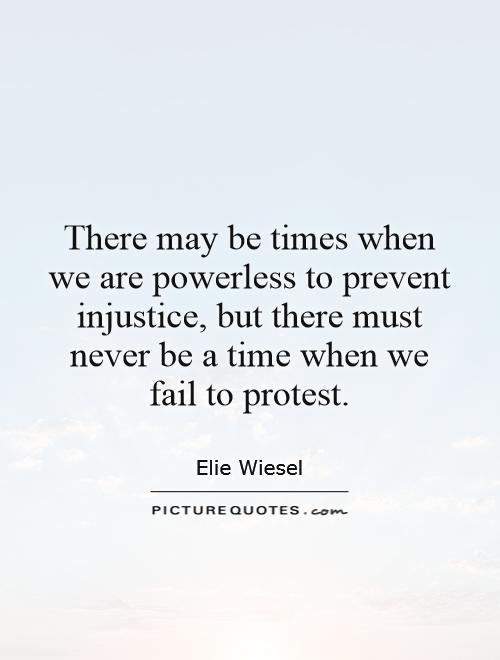
There may be times when we are powerless to prevent injustice, but there must never be a time when we fail to protest
Elie Wiesel, a Holocaust survivor and Nobel laureate, understood the importance of speaking out against injustice. Throughout his life, he was a vocal advocate for human rights and a staunch critic of indifference in the face of suffering. Wiesel's own experiences during the Holocaust shaped his belief that silence in the face of injustice is not an option.Wiesel's most famous work, "Night," chronicles his experiences as a teenager in Auschwitz and Buchenwald concentration camps. In the book, he describes the horrors of the Holocaust and the dehumanization of the Jewish people by the Nazis. Wiesel witnessed unimaginable atrocities, including the murder of his family members and the brutal treatment of prisoners. Despite the overwhelming despair and hopelessness he faced, Wiesel never lost his sense of moral outrage.
Wiesel believed that it was not enough to simply bear witness to injustice; one must also take action to protest it. He understood that there may be times when individuals feel powerless to prevent injustice, but that should never be an excuse for remaining silent. Wiesel famously said, "Neutrality helps the oppressor, never the victim. Silence encourages the tormentor, never the tormented."
Throughout his life, Wiesel used his platform as a writer and activist to speak out against genocide, racism, and other forms of oppression. He was a tireless advocate for Holocaust remembrance and education, and he worked to ensure that the world never forgot the atrocities committed during World War II. Wiesel believed that by speaking out against injustice, individuals could make a difference and prevent future atrocities from occurring.
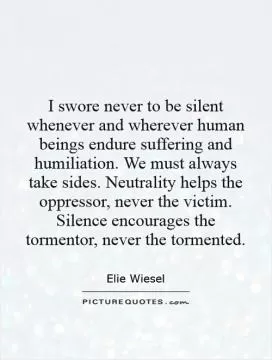
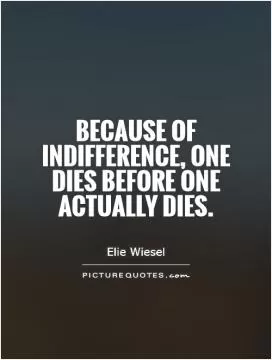


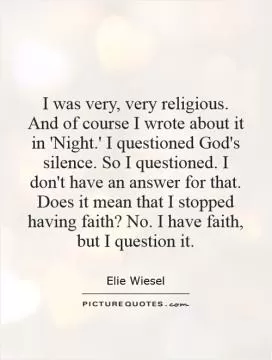
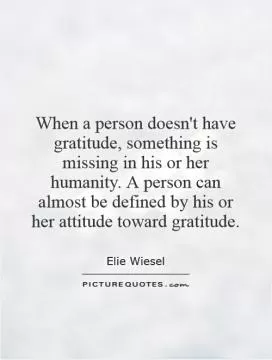
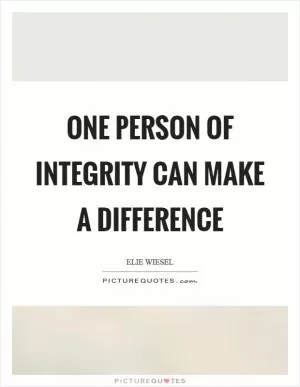
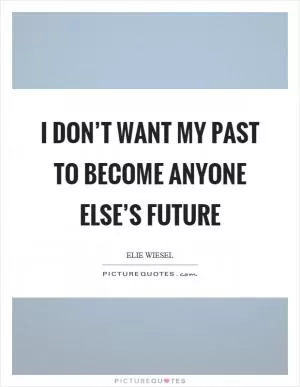
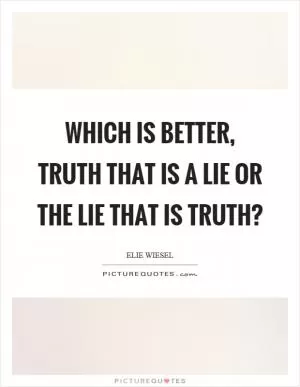
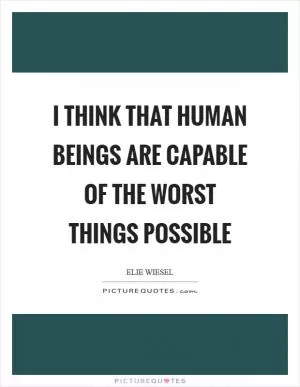
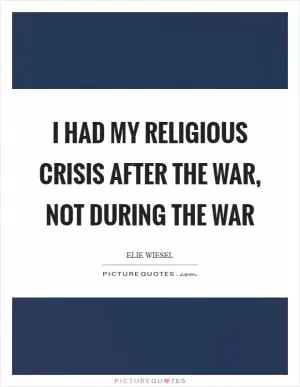
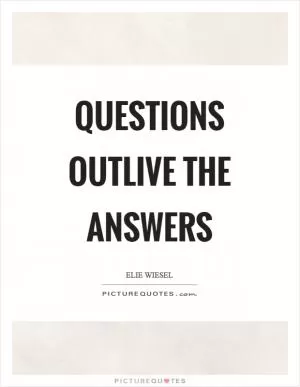
 Friendship Quotes
Friendship Quotes Love Quotes
Love Quotes Life Quotes
Life Quotes Funny Quotes
Funny Quotes Motivational Quotes
Motivational Quotes Inspirational Quotes
Inspirational Quotes